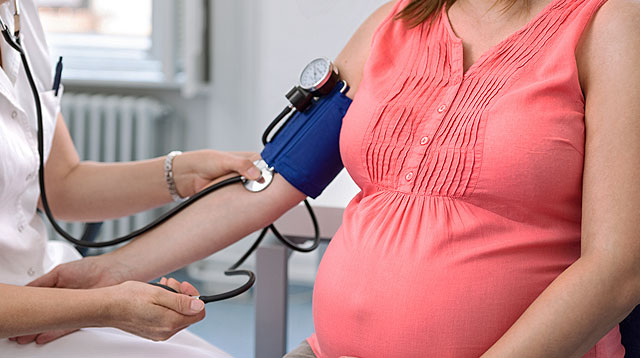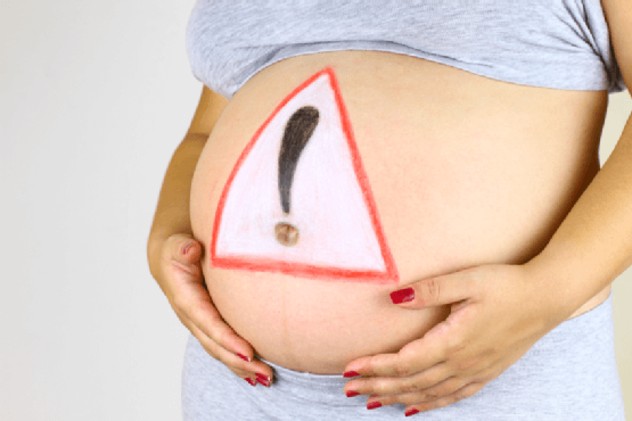![]() The information provided by our expert should not constitute a diagnosis of your condition. Always consult a medical practitioner or healthcare provider for a formal diagnosis. By making use of this content, you agree that ConceiveEasy and the expert assume no liability.
The information provided by our expert should not constitute a diagnosis of your condition. Always consult a medical practitioner or healthcare provider for a formal diagnosis. By making use of this content, you agree that ConceiveEasy and the expert assume no liability.
Although very common, a high-risk pregnancy is something that can be worrisome for a pregnant woman. A pregnancy is considered high risk if there is an increased risk of a health problem for either mother or baby. Claim Your 20 Free Pregnancy Tests – Click Here
Many women have high-risk pregnancies, but this does not mean that there will be a problem with the pregnancy, the mother’s health, or the baby’s health. A high-risk pregnancy is just an indicator that a doctor will have to closely monitor a woman’s pregnancy to help to make sure that everything goes as planned and that there are no problems.

What Is a High-Risk Pregnancy?
While a high-risk pregnancy can sound pretty scary, there are actually lots of things that can cause a pregnancy to be labeled as high risk. Women who have health conditions such as cancer, diabetes, high blood pressure, kidney disease or epilepsy, will be considered high risk during pregnancy. Women who are younger than 17 or over 35 will be considered high risk as well as women who smoke or use illegal drugs.


Who Has a High-Risk Pregnancy?
Women who are having a baby with a genetic problem, such as Down syndrome will be a case in which a pregnancy will be high risk. If a woman is having more than one baby, such as twins or triplets, or if a woman has had more than three miscarriages, that is also a reason to be considered as a high risk. Women who have preterm labor will also usually be grouped into the high-risk pregnancy category.

How Is a High-Risk Pregnancy Different?
As a whole, high-risk pregnancies are not that different than “normal” pregnancies. Women who are high risk are probably going to have a few more doctor’s visits as opposed to other pregnant women. At those doctors visits, doctors might perform more ultrasounds, do more testing like blood testing, blood pressure testing or tests for protein in the urine. Doctors might advise women with high-risk pregnancies to take certain medications or have genetic testing done.


What Advice for High-Risk Pregnancy?
Some high-risk pregnancy cases result in a woman being placed on bed rest. This is especially likely when preterm labor occurs. In some rare instances, such as with pre-eclampsia, doctors might even advise that women deliver their babies early to avoid any potential harm to mother or baby.

Bottom Line
However, this is not something that usually needs to happen. Most of the time, high-risk pregnancies are not too different from typical pregnancies. If your doctor does label your pregnancy as high risk, don’t panic, just stay informed and updated to keep both you and your baby safe.










Comments